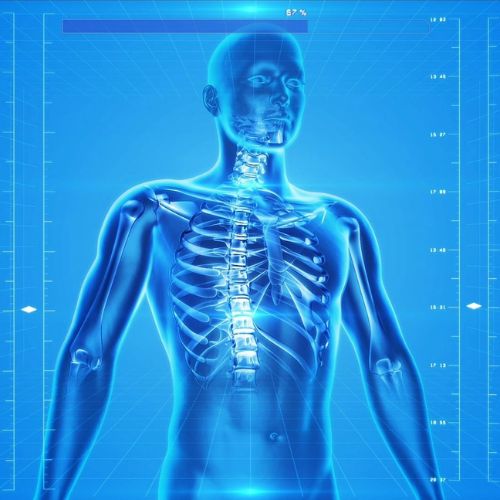Key points from article :
For an illness like cancer, doctors often turn to computed tomography (CT) scans for a more definitive diagnosis, based on reconstructing a 3-D organ from multiple 2-D image slices.
At the molecular level, such 3-D scans could become an important part of precision medicine: a future of tailoring treatment decisions to each patient's unique cellular features.
These new type of images may inform treatment decisions not only for cancer, but also for pulmonary fibrosis, a condition in which damaged and scarred lung tissue reduces a patient's ability to breathe.
The study was published in the Optica journal.



